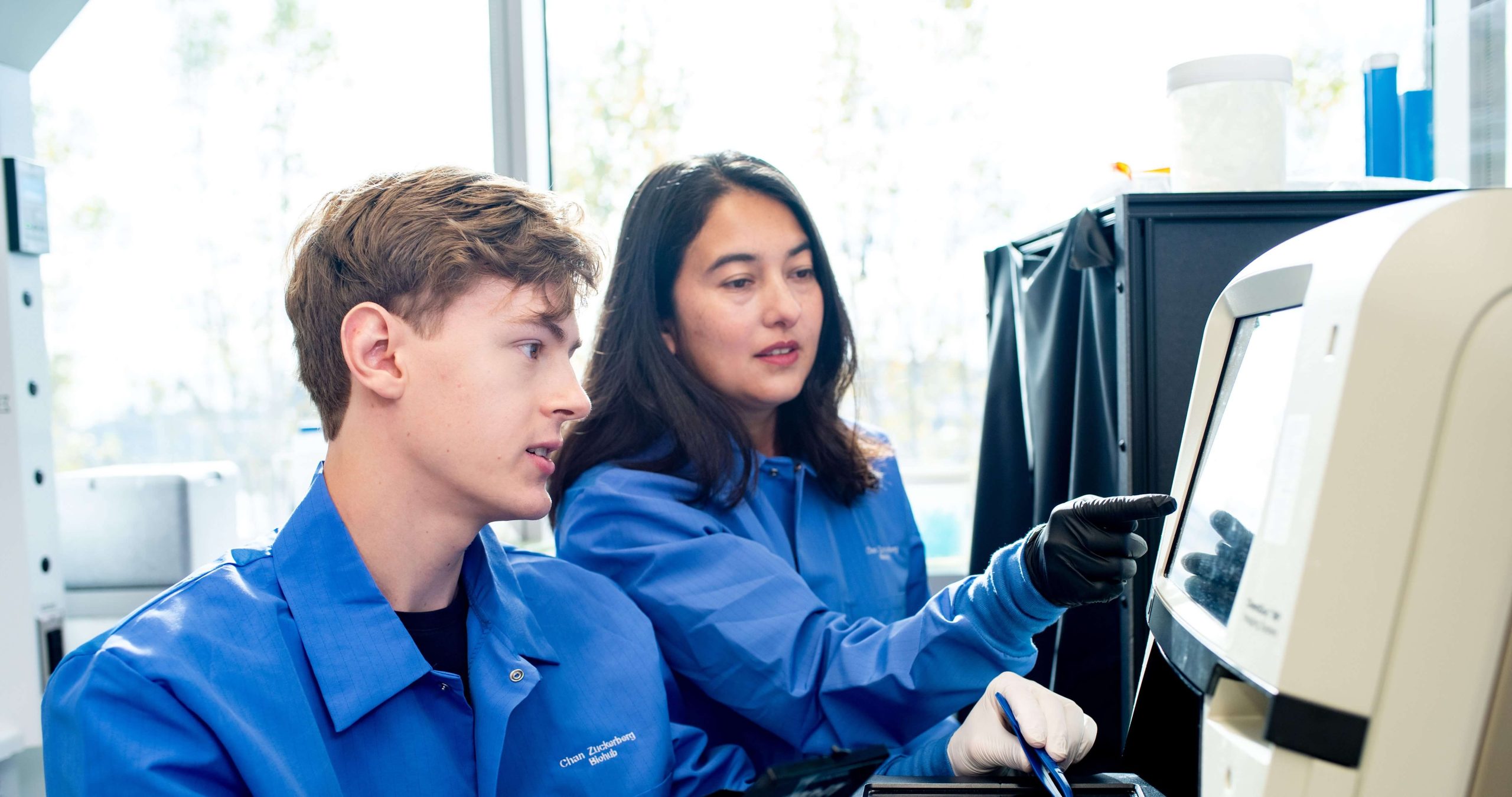
Arias Group: Virus-Host Interactions
OUR RESEARCH
Searching for broad-spectrum antivirals: Targeting the host to disable the virus
Pan-antivirals that can be rapidly deployed in the face of an epidemic remain a significant unmet public health need, underscored by the COVID-19 pandemic. Our group explores the molecular mechanisms of virus–host interactions in cells infected with medically relevant viruses. Our overarching objective is to reveal molecular dependencies that can be targeted for developing broad-spectrum antivirals. Targeting virus–host interactions represents a largely untapped strategy for developing such therapies.
OUR APPROACH
Using comparative virology, we aim to identify and validate conserved nodes within the proteostasis network that can be targeted pharmacologically to develop broad-spectrum antivirals.
Because of their small size, viruses do not harbor the molecular machinery needed for making the building blocks required for their life cycle. Viruses bypass this limitation using sophisticated strategies to hijack host-cell functions to accommodate their unusually high biosynthetic demands; they’re able to do this by overriding certain proteostasis safeguards, which would normally keep proteins in the cell balanced and functioning. This strict dependence on the host comes at a cost, and subtle changes in the levels or the activation of specific host factors may impair viral replication without affecting the cell.
Our goal is to identify cellular factors essential for productive infection by clinically relevant viruses but dispensable for normal cellular functions, which may be targeted pharmacologically. To reach this objective, we use three complementary approaches:
- Functional genomics screens of host functions essential for viral replication.
- Pharmacological screens aimed at identifying small-molecule modulators of host factors that affect viral replication.
- Characterization of the molecular mechanisms that viruses use to subvert the cell.
Our “virus-agnostic” approaches have the potential to reveal molecular dependencies that we could leverage for the development of broad-spectrum antivirals.


